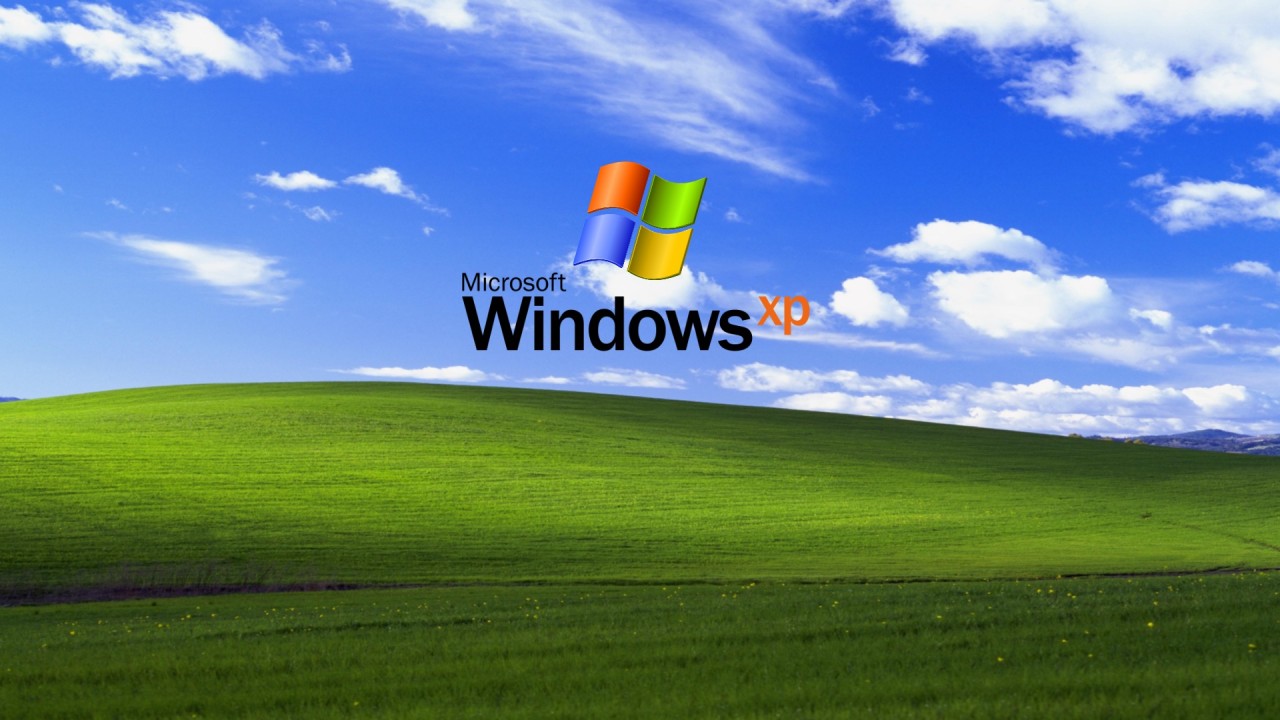
Windows XP: The Operating System That Refused to Die 🛡️💾
Introduction
Hey, corporate professionals! Remember Windows XP? That iconic operating system with the green hill wallpaper that was a staple in offices and homes alike? Ever wondered why it had such a long life cycle and why some places still use it? Let's delve into the fascinating journey of Windows XP and why it refused to fade into obscurity.
The Birth of Windows XP 🌱
A Sorely Needed Upgrade 🔄
Before XP, home users were stuck with the Windows 9x series, which was fundamentally based on MS-DOS. These operating systems were outdated and buggy. Windows XP was a game-changer, built on the more robust Windows NT architecture, which was previously targeted at businesses.
User-Friendly and Stable 🤗
Windows XP was one of the first operating systems to focus on user experience. It aimed to be both visually pleasing and intuitive, a significant departure from the clunky interfaces of its predecessors.
Innovations and Features 🌟
Plug and Play 🎮
Windows XP popularized the idea that computers and accessories should "just work." It significantly improved USB and Plug and Play support, making it easier to connect devices without the hassle of installing drivers.
Wi-Fi and Internet 🌐
XP made it easy to automatically connect to known Wi-Fi networks, a crucial feature considering the explosion of internet usage between 1995 and 2001.
The Downfall of Windows Vista 😓
A Messy Launch 🚀
Windows Vista, the successor to XP, had a disastrous launch. Poor communication from Microsoft led to misleading "Vista compatible" stickers on underpowered machines, causing widespread disappointment and making many users stick with XP.
High System Requirements 💻
Vista had high system requirements at launch, and many users found it easier and more cost-effective to continue using XP, especially as hardware advancements made XP run smoothly on even low-end machines.
The Longevity of Windows XP ⏳
Extended Support 🛠️
Official support for XP lasted nearly three years beyond Microsoft's typical timeline, mainly because it was stable and met the needs of both individual users and businesses.
Niche Uses 🏥
Even today, XP is used in specific applications like ATMs, medical systems, and by those who need to run older software. Its low system requirements and stability have made it a go-to choice for many.
Final Thoughts 🤔
Windows XP was more than just an operating system; it was a cultural phenomenon that changed how we interact with computers. Its user-friendly design, stability, and the fiasco that was Windows Vista, contributed to its incredible longevity.